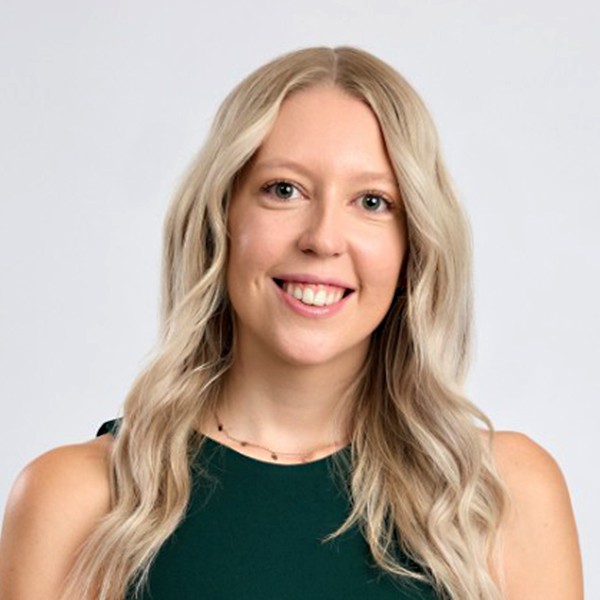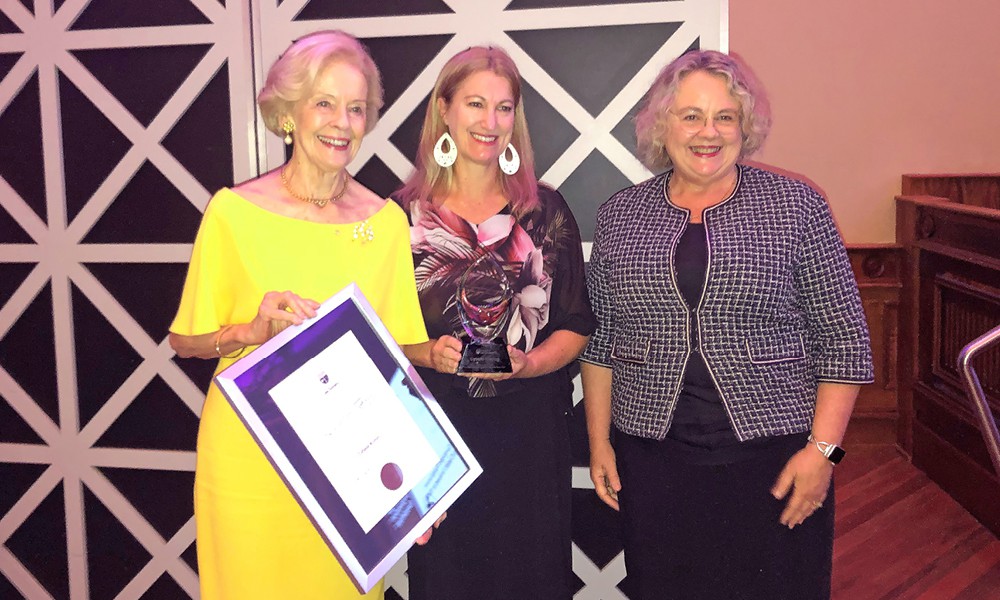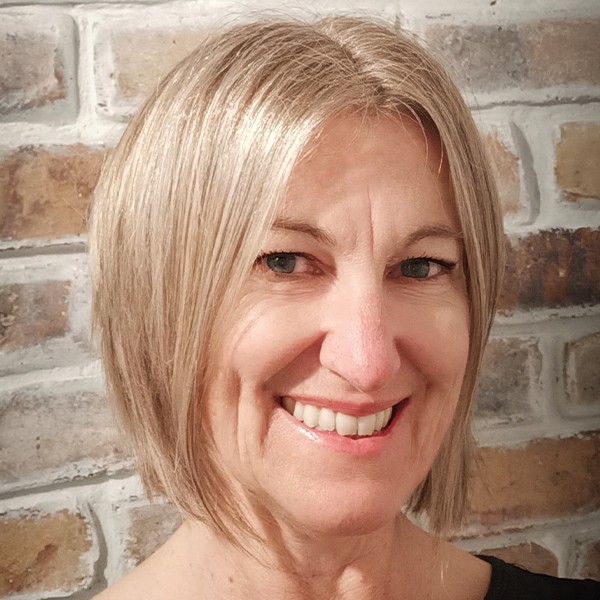Nominations for the Dame Quentin Bryce Domestic Violence Prevention Award 2022 have now opened.
The award, which is given at the annual Legal Profession Breakfast hosted by Women’s Legal Service Queensland (WLSQ), recognises a legal professional who has demonstrated a significant contribution and dedication to the prevention of domestic violence in Queensland.
Last year’s recipient, Caxton Legal Centre CEO Cybele Koning, initiated the first health justice partnership in Queensland to address family violence experienced by older persons. Her contributions in the area focused on addressing the intergenerational abuse of older persons through law reform, community consultation and advocacy.
QLS Proctor spoke to Cybele about the role the award plays in driving the prevention of domestic violence, and what the future of prevention looks like.
Cybele Koning
Q: What do you feel makes the Dame Quentin Bryce Domestic Violence Prevention Award so important to the legal profession?
Cybele: The legal profession plays a critical role in identifying, preventing and responding to DFV. The award encourages lawyers to show leadership in changing the thinking around DFV in our communities.
Celebrated once per year at the Legal Professional Breakfast, the announcement of the award is a moment when the legal profession acknowledges its shared vision to end all forms of violence against vulnerable individuals.
Q: How did your work in the prevention of domestic violence begin, and why is it important to you?
Cybele: For as long as I can remember I have been an activist against gender-based violence as a human rights issue.
Working in a community legal centre for the last decade has given me a unique opportunity to do more direct work in the prevention space, especially with regards to the abuse of older persons.
Violence is an urgent public health problem. It is a complex concept. The use of violence in domestic settings involves a complicated interaction of attitudes, motives and situational factors. For these reasons I am challenged and highly motivated to think through ways to prevent violence.
Q: What do you feel is the greatest challenge faced by legal professionals in the prevention of domestic violence?
Cybele: The Women’s Safety and Justice Taskforce recommended that the legal profession and judiciary need to up the ante to meet and maintain a high level of DFV expertise.
It’s pleasing to see how the QLS is taking responsibility for this. DFV training should be compulsory for all lawyers. It should be coupled with training on sexual harassment and discrimination as a means of achieving cultural change related to the prevention of gender-based violence.
Q: Is there anything you would like to add?
Cybele: Elder abuse affects one in six Australians. Where that occurs intergenerationally, it is a type of DFV. While we are all considering how best to prevent violence against women and children, let’s not forget to carefully consider how we can prevent older Queenslanders from experiencing violence and neglect within family structures.
If you know a colleague who is passionate about the prevention of domestic violence and has demonstrated an outstanding commitment and contribution in this space, you can nominate them for this year’s Dame Quentin Bryce Domestic Violence Prevention Award.
Kaitlyn Meehan is a member of the Queensland Law Society Membership and Engagement team.












Share this article